
The activity of nab-sirolimus plus letrozole is under study in patients with advanced or recurrent endometrioid endometrial cancer.

Your AI-Trained Oncology Knowledge Connection!


The activity of nab-sirolimus plus letrozole is under study in patients with advanced or recurrent endometrioid endometrial cancer.
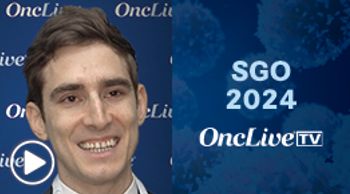
Dimitrios Nasioudis, MD, discusses outcomes of patients with metastatic vulvar squamous cell carcinoma who underwent sentinel lymph node biopsy.
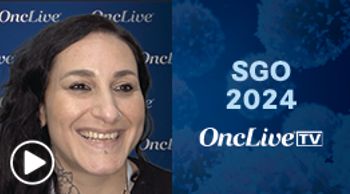
Sara Corvigno, MD, PhD, discusses the incidence of chemotherapy-related clonal hematopoiesis of indeterminate potential in patients with ovarian cancer.

Neoadjuvant tislelizumab in combination with chemotherapy was safe and produced responses in patients with locally advanced cervical cancer.

Mirvetuximab soravtansine improved health-related quality of life in patients with FRα-positive, platinum-resistant ovarian cancer.
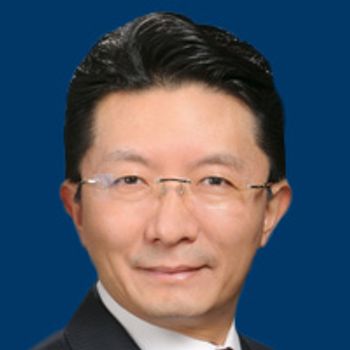
Stereotactic ablative radiotherapy has shown clinical benefit in combination with immunotherapy in early-stage NSCLC, making it a viable treatment to consider.

Olaparib plus cediranib failed to improve PFS and OS vs chemotherapy in patients with platinum-resistant or -refractory epithelial ovarian cancer.

Dostarlimab plus carboplatin/paclitaxel improved overall survival vs placebo plus chemotherapy in primary advanced or recurrent endometrial cancer.

Quad Shot radiation plus a checkpoint inhibitor significantly improved local control vs Quad Shot alone and was well tolerated as a palliative treatment for patients with advanced head and neck cancer.
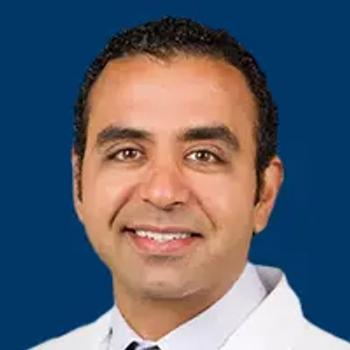
The addition of pembrolizumab to chemotherapy led to a favorable overall survival benefit vs chemotherapy plus placebo in endometrial cancer.

Social determinants of health were associated with geographical variations in the rates of cervical cancer in the United States.
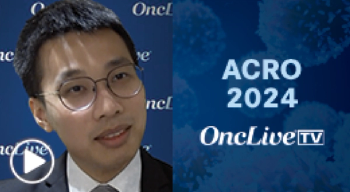
I-Chia (Daniel) Liu, MD, discusses surgical and local control outcomes following short-course radiation therapy and chemotherapy for rectal cancer.

Robert W. Mutter, MD, discusses the nuances of partial breast irradiation in early-stage breast cancer.

A post-hoc analysis showed dose escalation of radiation therapy was safe and elicited similar efficacy in intrahepatic cholangiocarcinoma.

Charles B. Simone II, MD, FASTRO, FACRO, discusses advanced radiation techniques that could reduce cardiac toxicities.
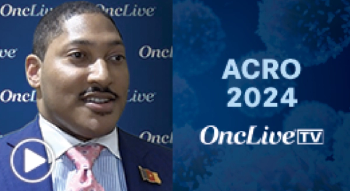
James Knight, MD, discusses the potential launch of a case series of patients with brain-metastatic prostate adenocarcinoma.
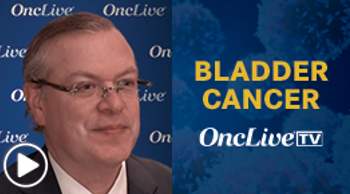
Jason Efstathiou, MD, DPhil, discusses the role of tri-modality therapy in patients with muscle-invasive bladder cancer.
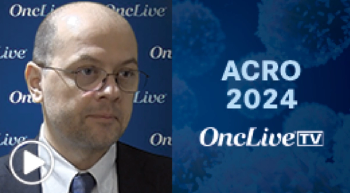
Vlad Gabriel Zaha, MD, PhD, discusses the risk of cardiovascular toxicity in patients with lung cancer undergoing treatment with radiation.

A case study of a patient with pre-B cell acute lymphoblastic leukemia showed helical tomotherapy with IMRT-based TBI is a viable option for organ sparing.

Hope S. Rugo, MD, draws on her own journey as a woman in oncology to provide insights on navigating career transitions and building support networks.

Stephanie L. Graff, MD, shares her journey to becoming an oncologist, advice for work-life balance, and ways to confront gender bias in medicine.

Nina Sanford, MD, discusses how radiation could help improve QOL for patients with rectal cancer and situations when radiation or surgery could be omitted.

Prolonged duration from neoadjuvant SCRT to surgery did not increase the risk of poor mesorectum specimen quality or post-operative morbidity in rectal cancer.
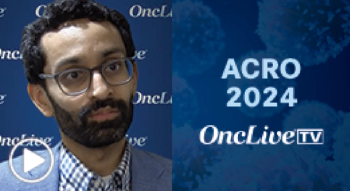
Raj Singh, MD, discusses radiation therapy in patients with metastatic lung cancer, highlighting the evolution of treatment within this landscape.
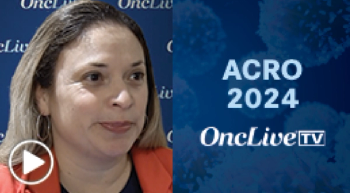
Idalid Franco, MD, MPH, discusses the use of radiation therapy and immunomodulatory agents in the treatment of endometrial cancer.

Paul D. Brown, MD, gives a history of prophylactic cranial irradiation in small cell lung cancer and describes its standing in the treatment paradigm.
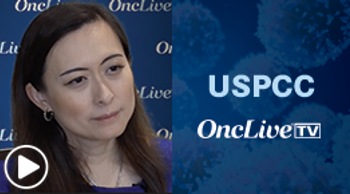
Tian Zhang, MD, MHS, discusses areas of ongoing debate regarding prostate cancer management.

TNO155 plus spartalizumab or ribociclib was well tolerated and demonstrated disease control in patients with advanced solid tumors.
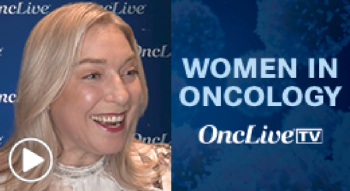
Stephanie L. Graff, MD, discusses the trajectory of her career growth in breast oncology and explains how different factors can play a role in an oncologist’s career path.
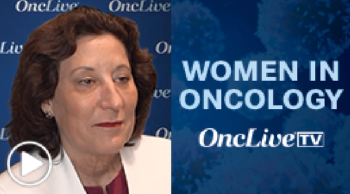
Hope S. Rugo, MD, discusses challenges that women face in the workplace in oncology care.